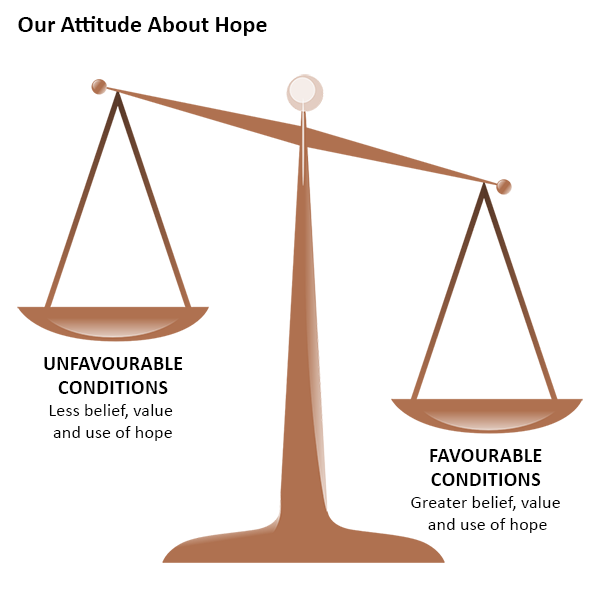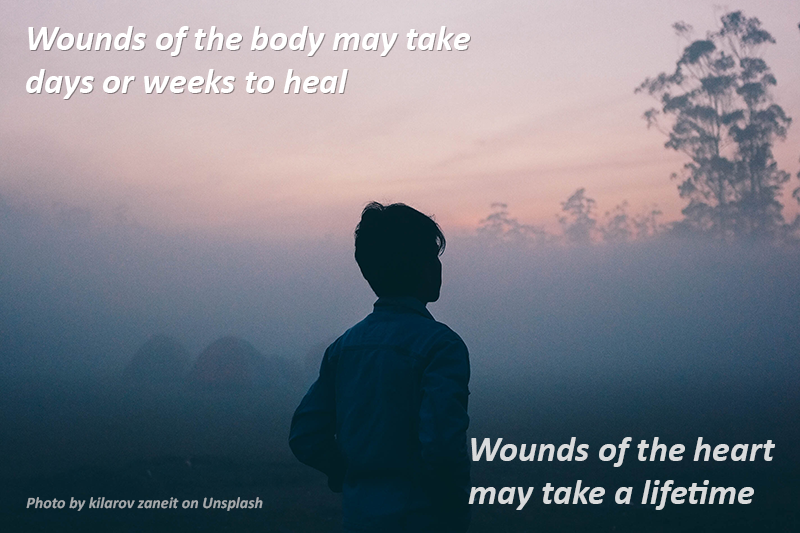Have you ever had a strong desire for something, worked hard to get it, but then hit the wall and felt, “it’s not gonna happen”. Well, who hasn’t? But the response to it varies and so does the outcome.
Facing a Dead End
We all have needs and desires. We think, imagine, plan, act, and work hard to achieve what we desire. It feels exciting. Achievement boosts our confidence and makes us happy. But at times, we hit a dead end instead; a daunting obstacle, problem or situation that stops our advance. It’s disappointing, frustrating and a bitter experience.
Response to Obstacles
While it’s normal to be frustrated, but it’s important to remember that your bitter emotions are not going to salvage the situation. What you need is to review, analyze and decide about your course of action. Your decision should be based on:
- your assessment of the situation
- your opinion about what you can or cannot do
- the cost: time, effort, other consequences of your decision
You have the following basic options when faced with a barrier that seems like a dead end at first glance:
- Go back
- Climb it
- Break it
- Find a workaround
Go Back
Retreat and withdraw. Retreat may be permanent or for the time being.
It’s probably not the right time or place for an initiative like that. As long as you own the decision, are not remorseful, and quickly retain your calm and peace of mind, it’s a valid and reasonable choice. There is no shame attached to it. We all quit from time to time, and sometimes, it’s wiser than lingering on in a futile pursuit.
Climb It
You accept the challenge and approach it with an aim to surmount it. It’s a daring decision, but if you have a strong will and a can-do attitude, then why not?
It’s more of a problem solving pathway. It’s like a puzzle. The solution is there, but you just need to figure it out. Or the obstacle is like a mount, and you need to use the nearby rocks to move to the top. The mount is still there, but now, it has steps to climb.
The key here is to pay less attention to the problem and more on finding a possible solution. By fixating on a daunting challenge you risk to be overwhelmed by it.
Break It
Get rid of the obstacle; eliminate, modify or destroy it. In many cases, it entails more cost (time, effort, risk) than other options.
In some situations, though not always, it’s a confrontational or destructive course; make or break. If successful, the obstacle would either not be there, or would be weakened and may give way. But in the process, you too, may have to bear some price. So it’s taking risk, to avail an opportunity. Do it only if the opportunity is worth the risk and you have the courage and confidence to win.
But note that breaking is not always “messy”. If done tactfully, it may turn out to be far easier than originally anticipated.
Find a Workaround
You acknowledge that the obstacle is insurmountable. You can’t climb it, break it or go through it. But look around, may be, there is another passage that bypasses the barrier altogether. You may figure out a substitute, an alternative, to meet your goal. It’s rare not to have a substitute; but you need to be inventive.
Stop Whining About It
Did you notice? Whining about the barrier is not an option.
So when you are stuck, don’t curse yourself or your misfortunes, and don’t blame others, because that doesn’t change anything. It only aggravates your disappointment.
Unload Your Negative Emotions
As mentioned earlier, if you are unable to resolve the problem and can’t figure out a solution, drop it, at least for now, but don’t feel miserable about it.
Don’t waste your energy on negative thoughts; there is no point in carrying on the weight. If failure is a pain, don’t linger it on by ruminating about it. It’s not the end of the world. There’s plenty to do next. And the lighter you are (emotionally), the faster you would get to your destination.
So stop it and move on!





